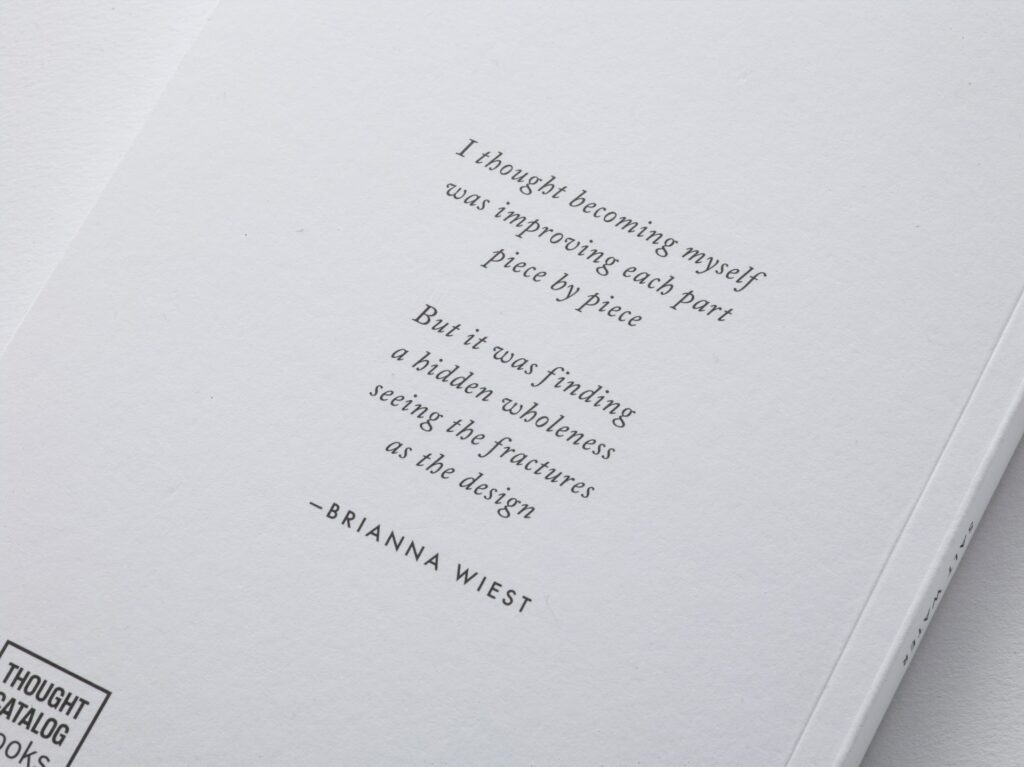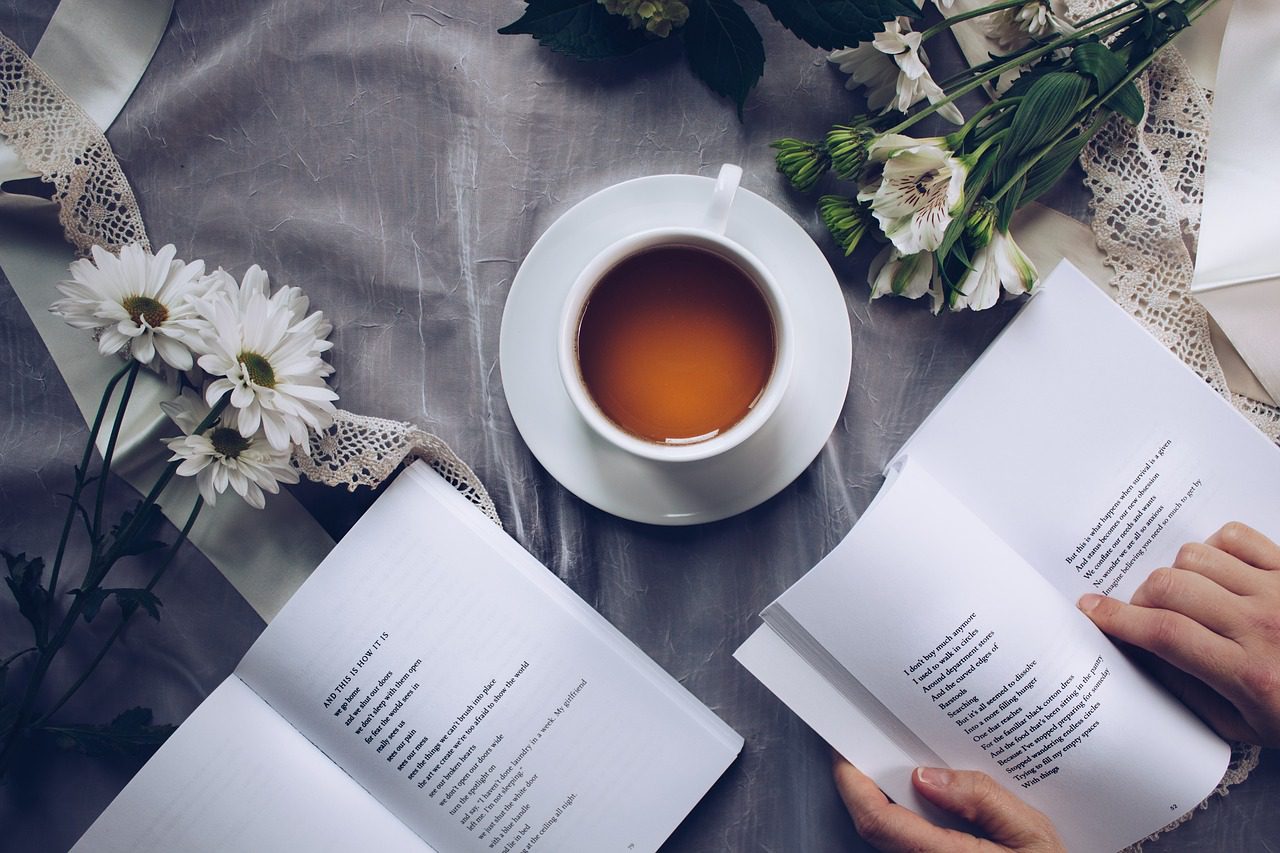Poetry is a language that can’t be mimicked. If you are into writing and have never figured what it means to narrate or write poetry, you need to rethink your days and practices. Poems are some of the basic ecstasies that can take over your personality and reshape your vision. You may have already gone through several factors, but it is essential to know that some lyrical sections are hard to ignore. No matter what you have been into, be it mixtapes or lyrics, there are five major things you need to know up and close.
1. Imagery
Imagery is one of the only things that strike us after rhyming schemes. And, to top that all, how do they affect our perception? Just imagine, you are struggling. In this case, how would you like to put it into words? Would you simply speak about your regretful situation or be a little poetic and lose your minds together? Well, you can simply quote struggles from any poet’s excerpts. And, there you go. Talk about lines that ‘show don’t tell.’

Only with poetry can you show all and not tell about it. And, for the love of God, use a metaphor whenever you point towards hurt. Consider showing weapons, draw some blood, and allow our five senses to breathe and absorb every bit of it.
2. Rhythm
Yes, now you are at the right point. Rhythm has a lot to do with rhymes. But, it does not have to. Some experts don’t recommend it either. Well, in simpler terms, not every poem that rhymes is obnoxious. However, here you can utilize fair judgment. Besides, there are many other ways to make poetry rhythmic without using certain rhymes. Even stringing terms with similar sounds can be ideal for a poet. This is one of the examples of assonance, which is known as the vowel repetition sounds in surrounding words.
For instance, simultaneous hate comes with pain. Here, this is one of the examples of consonance, where consonant sounds repeat after one another in the middle or towards the end of words. The same rhymes are monotonously timed and rhymed.
3. Sound
Remember, the tonality of a poem goes in sync with the general sound, making it easier to observe and memorize. There are a couple of patterns to understand. One is harmonious and soft. Well, I would like to think about it as the angel’s sound of humming. This is known as euphony. When it comes to euphony, words get selected for their melodious quality and soft consonant sounds. Some of them are given below.
(euphonious sounds: O, L, SH, M, S, W, U, N, Y, PH, A)

It may go by ‘Lulled minds such as sunny lakes in nothing but summertime.’
All the other sounds go more like metal or large machines clanging against each other in an empty warehouse. It is pretty rattling and comes directly from your tongue. This is called cacophony.
In the cacophony, words get selected for their general obnoxiousness and hard sounds.
4. Density
Density is yet another point that cannot be ignored for even a second of reckoning. See, the previous sentence sounds more like a poetry section, written with density and meaning. In simple terms, density relates to how much can be said in a bit of amount of space. The use of metaphors assisted with traditional styles, sounds, and rhythms make the poetry unique. All these mentioned enable you to get a more significant density.
While you describe a specific image, you underline and mention a metaphor, which tends to express ideas about specific human conditions. This occurs while you persuade a reader to feel a particular way through the rhythm and sound of the words. Besides, all of this occurs in the same place. Remember, prose can’t and can never do this for you.
5. Line
When it comes to traditional poetry, you might be a prisoner to the entire line. And, the line owns you here by telling you ‘four there, five there, then 4 again.’ so, if you are a poet in the hippy age, you would not want to conform until and unless you are against the grain and want to write standard poetry. So, whatever the case is, the line is one of the essential parts of poetry. Speaking of which, that is yet another thing that makes it distinctive to pros. However, in prose, you have the liberty to format lines.

Moreover, in poetry, a line acts as one sentence. And, while poetry does not follow any grammar rule, no one is obliged or restricted to use a period or follow anything. So, next time you want to write something, consider breaking the lines and understanding various writing patterns to establish your style. As a result, use what needs to be viewed and never compromise on what you have learned.
Featured Image Credits: Pixabay







